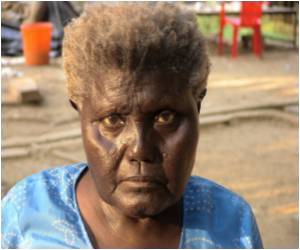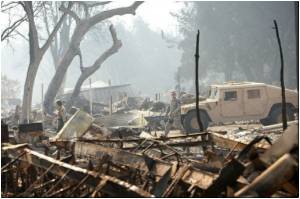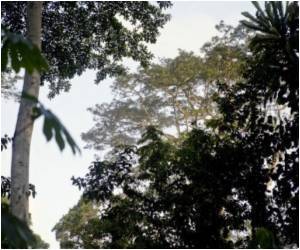
"Climate information recovered from these ancient sources mainly refers to extreme events which impacted wider society such as droughts and floods," said Fernando Dominguez-Castro, who led the study, from Extremadura.
"However, they also document conditions which were rarely experienced in ancient Baghdad such as hailstorms, the freezing of rivers or even cases of snow," added Dominguez-Castro, according to a university statement.
Baghdad was a centre for trade, commerce and science in the ancient Islamic world. In 891 AD Berber geographer al-Ya'qubi wrote that the city had no rival in the world, with hot summers and cold winters, climatic conditions which favored strong agriculture.
While Baghdad was a cultural and scientific hub, many ancient documents have been lost to a history of invasions and civil strife. However, from the surviving works of writers including al-Tabari (913 AD), Ibn al-Athir (1233 AD) and al-Suyuti (1505 AD) some meteorological information can be rescued.
When collated and analysed the manuscripts revealed an increase of cold events in the first half of the 10th century. This included a significant drop of temperatures during July 920 AD and three separate recordings of snowfall -- in 908, 944 and 1007.
Advertisement
"These signs of a sudden cold period confirm suggestions of a temperature drop during the tenth century, immediately before the Medieval Warm Period," said Dominguez-Castro.
Advertisement
Source-IANS









